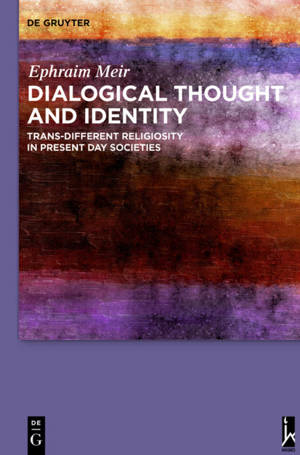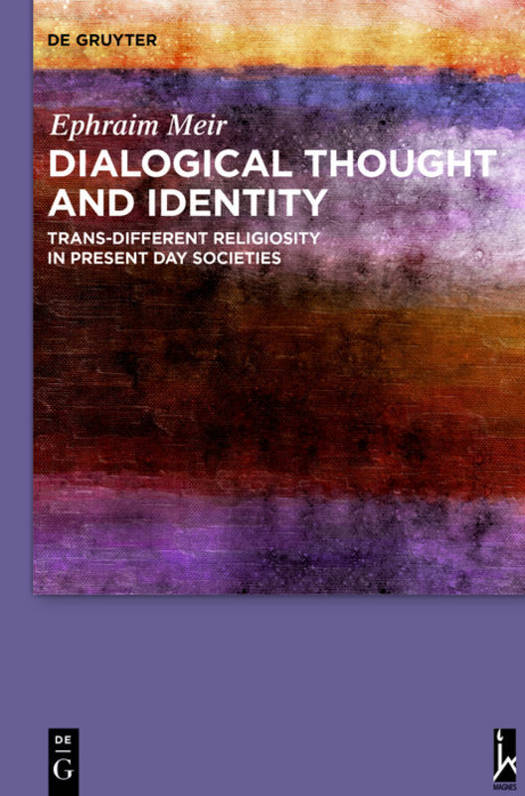
- Afhalen na 1 uur in een winkel met voorraad
- Gratis thuislevering in België vanaf € 30
- Ruim aanbod met 7 miljoen producten
- Afhalen na 1 uur in een winkel met voorraad
- Gratis thuislevering in België vanaf € 30
- Ruim aanbod met 7 miljoen producten
Dialogical Thought and Identity
Trans-Different Religiosity in Present Day Societies
Ephraim MeirOmschrijving
In discussion with Martin Buber, Franz Rosenzweig, Abraham Joshua Heschel, Franz Fischer and Emmanuel Levinas, Ephraim Meir outlines a novel conception of a selfhood that is grounded in dialogical thought. He focuses on the shaping of identity in present day societies and offers a new view on identity around the concepts of self-transcendence, self-difference, and trans-difference. Subjectivity is seen as the concrete possibility of relating to an open identity, which receives and hosts alterity. Self-difference is the crown upon the I; it is the result of a dialogical life, a life of passing to the other. The religious I is perceived as in dialogue with secularity, with its own past and with other persons. It is suggested that with a dialogical approach one may discover what unites people in pluralist societies.
Specificaties
Betrokkenen
- Auteur(s):
- Uitgeverij:
Inhoud
- Aantal bladzijden:
- 246
- Taal:
- Engels
Eigenschappen
- Productcode (EAN):
- 9783110338317
- Verschijningsdatum:
- 15/11/2013
- Uitvoering:
- Hardcover
- Formaat:
- Genaaid
- Afmetingen:
- 162 mm x 234 mm
- Gewicht:
- 489 g

Alleen bij Standaard Boekhandel
Beoordelingen
We publiceren alleen reviews die voldoen aan de voorwaarden voor reviews. Bekijk onze voorwaarden voor reviews.











